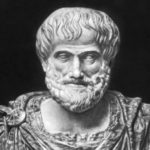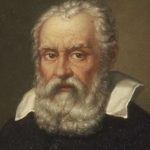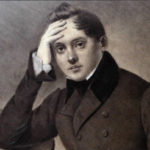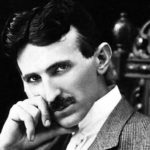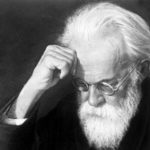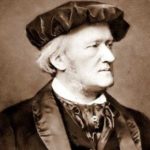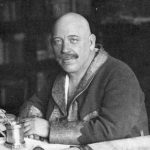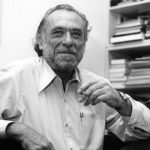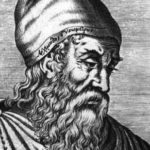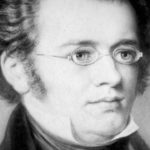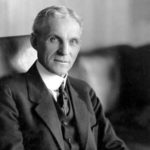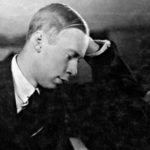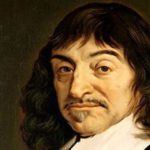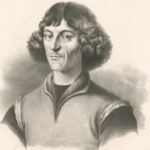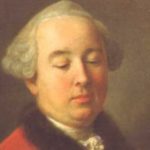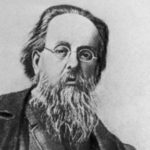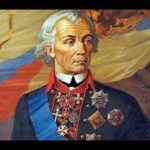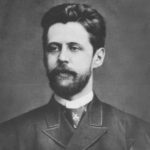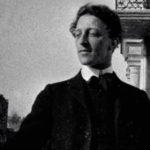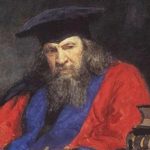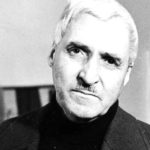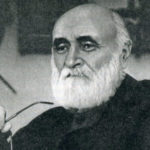16 interesting facts about Giordano Bruno
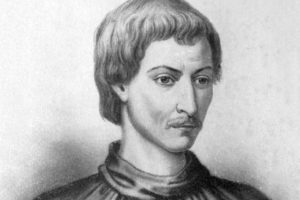 The great scientist and thinker Giordano Bruno was ahead of his time. His bold ideas and free interpretations of old dogmas did not meet with the approval of the conservative clergy, which doomed him to wandering, and later to execution. Only descendants appreciated the mind of a genius, and now Giordano Bruno is rightfully considered one of the most brilliant scientists of the Renaissance.
The great scientist and thinker Giordano Bruno was ahead of his time. His bold ideas and free interpretations of old dogmas did not meet with the approval of the conservative clergy, which doomed him to wandering, and later to execution. Only descendants appreciated the mind of a genius, and now Giordano Bruno is rightfully considered one of the most brilliant scientists of the Renaissance.
At birth, his name was Filippo Bruno.
Giordano Bruno was a Dominican monk, but he was expelled from the order because of his ideas too bold for that era.
He was well acquainted with the works of ancient scholars and philosophers, but did not always share their views. So, he criticized Aristotle at all.
The education of young Giordano Bruno began when he was 11 years old. The family sent him to the nearest major city, Naples, where he began to study dialectics, logic and literature.
Becoming a monk at the age of 15, it was then that he received the name “Giordano”.
Arrested in Venice on charges of heresy, the scientist spent seven years in prison, but still did not want to abandon his ideas, which doomed him to a terrible execution at the stake.
After being expelled from the Dominican Order, Giordano Bruno wandered around Europe for 16 years, having managed to live in Germany, France, the Czech Republic, England and Switzerland.
The French king Henry III protected the fugitive monk, and even appointed him professor. When the relationship between him and the king cooled, he moved to England. Henry III provided him with letters of recommendation.
Giordano Bruno took the Copernican system as a basis, expanded it and combined it with philosophy. He also claimed that the stars visible in the night sky are distant suns similar to our own.
On the Square of Flowers in Rome, where the scientist was executed by the inquisitors, he was later erected a monument.
Few people know that Giordano Bruno was also a talented poet, who created many literary works.
In addition to heresy, the inquisitors accused him of trying to create a new religion.
The system created by Giordano Bruno on the basis of the teachings of Copernicus, explaining the structure of the Earth, the Solar system and the Universe as a whole, practically did not differ from that used by modern scientists.
During his stay in England, he met with the famous playwright William Shakespeare, and tried to convince him of the truth of the heliocentric teachings of Copernicus. However, he did not succeed.
Giordano Bruno had a phenomenal memory. He even created mnemonics, the science of memorization, but, as it turned out, it works only in the case of the owners of the same outstanding memory as his.
All the books he wrote were in the Catholic Index of Prohibited Books from 1603 to 1948.
